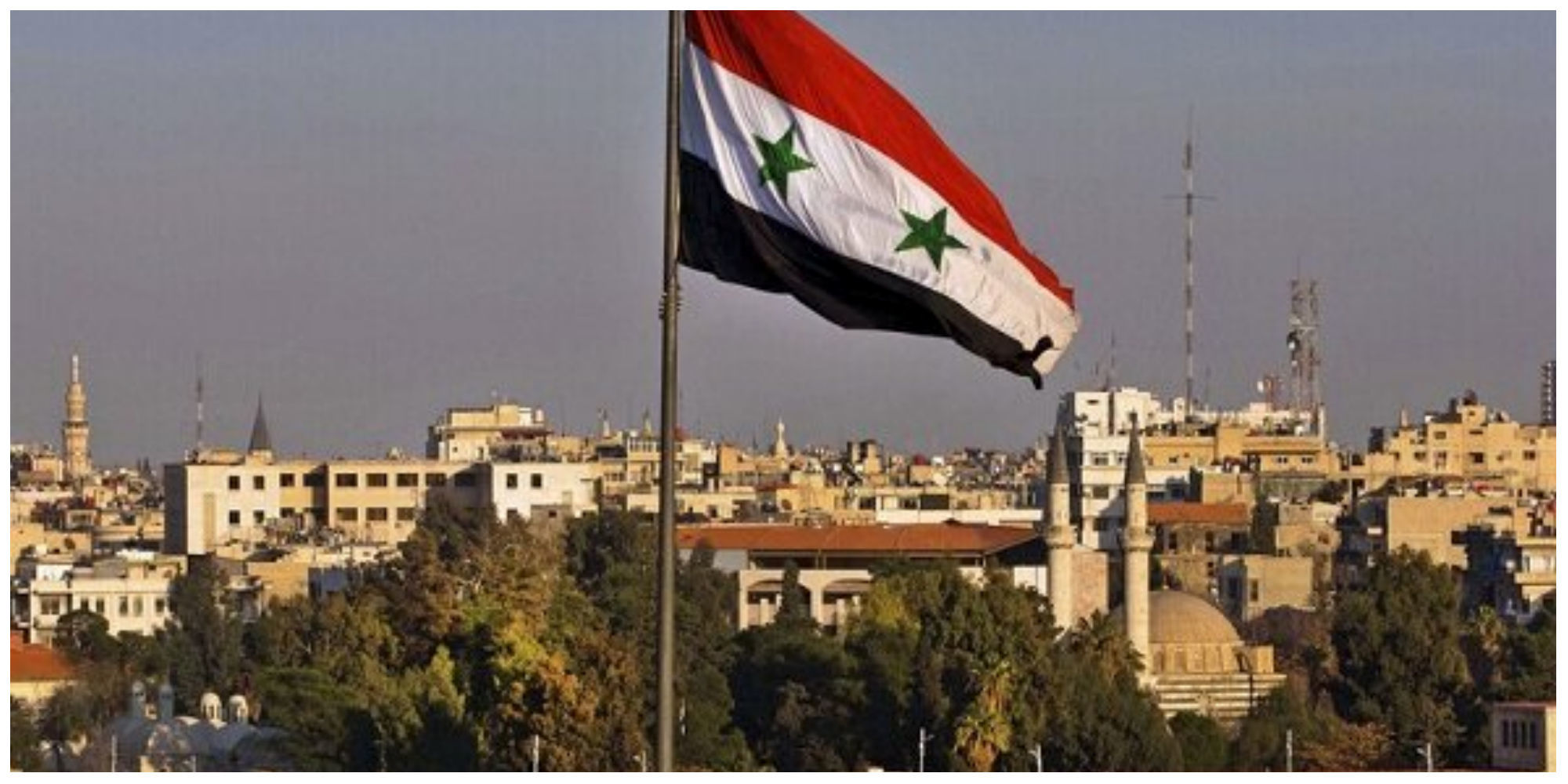The words and stances of Mohammad al-Jolani, who now appears with tie and suit in a Western style and media use his original name Ahmad al-Sharaa rather than his nom de guerre, these days hardly leave anybody unsurprised. His promises vary from freedom of dressing for women and respect for religions and minorities to disarmament of armed groups and expressing unwillingness to take power in new Syria.
These beautiful and attractive promises may at least temporarily ease some of the concern of the Syrian people and the countries of the region about the rule of the Hayat Tahrir Al-Sham (HTS), whose leaders have a history of being Al-Qaeda members, over Damascus. However, it also raises the alarming question of what it means to put off your combat boots and put on a suit and tie at a time the Israelis have advanced to a few kilometers from Damascus and the Turkish army and its proxy forces are roaming rampant in the north, and the US has doubled its forces on Syrian soil?
When the Syrians see all of their military and defense wares and infrastructure are destroyed in Israeli airstrikes and the official army has collapsed and the armed rulers show no determination to counter the occupiers and clouds of partition are over Syria and humiliation of the country in the Arab world and West Asia is highly likely, can they trust the empty promises of supporters of the armed groups and old enemies of their country?
In recent days, in addition to protests of people who are concerned about the nature of the political system in the country under the HTS, in Quneitra southwest of the country people have demonstrated against the Israeli advances in the province and the meaningful silence of the armed groups to the occupation of parts of the province. A look at the experience of the past year of Gaza war leads us to questions: Have the street protests of hundreds of millions of people across the world managed to force the American and Western-reliant Israeli criminal leaders to stop their crimes? Have the Israelis shown any respect to the international resolutions and the International Criminal Court's ruling?
On the other side, as the backer of the armed groups and provider of their arms and financing and seeking to ease the worries of the Syrians with diplomatic visits to Damascus and meetings with al-Jolani, Turkey sees the new government of Syria as a puppet to Ankara and should put Turkish interests over Syria's even if we assume the Turks are not having their eye on the northern provinces of Syria under their ambitious neo-Ottoman dreams. Can Turkey promise national integration and broad internal consensus for the transition to an inclusive civilian government in Syria while it has occupied parts of northern Syria and Iraq for several years to address security concerns and feed its regional ambitions by building military bases in these countries and calls part of the Syrian people terrorists and seeks ethnic cleansing in the north? Can an occupying power like Turkey be a qualified authority to defend Syrian territorial integrity and confront the Israeli occupation?
Recently, the foreign minister of the transitional government of HTS, while trying to shift the blame from other actors, warned Iran not to interfere in the internal affairs of Syria and accused Tehran of trying to spread chaos in the Arab country, while the situation that has arisen from HTS takeover of power is nothing less than a full collapse for a country. Actually, although the Syrians had right demands for improving their living conditions and reforms under al-Assad government, they certainly can not tolerate partition of their country.
For decades, Syrians have been forerunners of defense of the Palestinian cause and involved in resistance camp to liberate their Golan Heights from Israeli occupation and certainly the policy change of the new rulers will not change the anti-occupation spirit of the Syrian people, just as decades after the peace agreement between Jordan and Egypt and the Israeli regime and friendly relations of their governments with Tel Aviv not only have not eroded the anti-occupation spirit of the Jordanians and Egyptians, but also add to it.
The Iranian Supreme Leader Ayatollah Sayyed Ali Khamenei's
prediction of rise of brave Syrian youths against those behind the
current mess in their country and Israeli occupation and that the time
will show that the armed groups and enemies of Syria will not realize
any of their aims is a wise envisagement originating from a knowledge of
the history of resistance of Syrian nation.
/129

